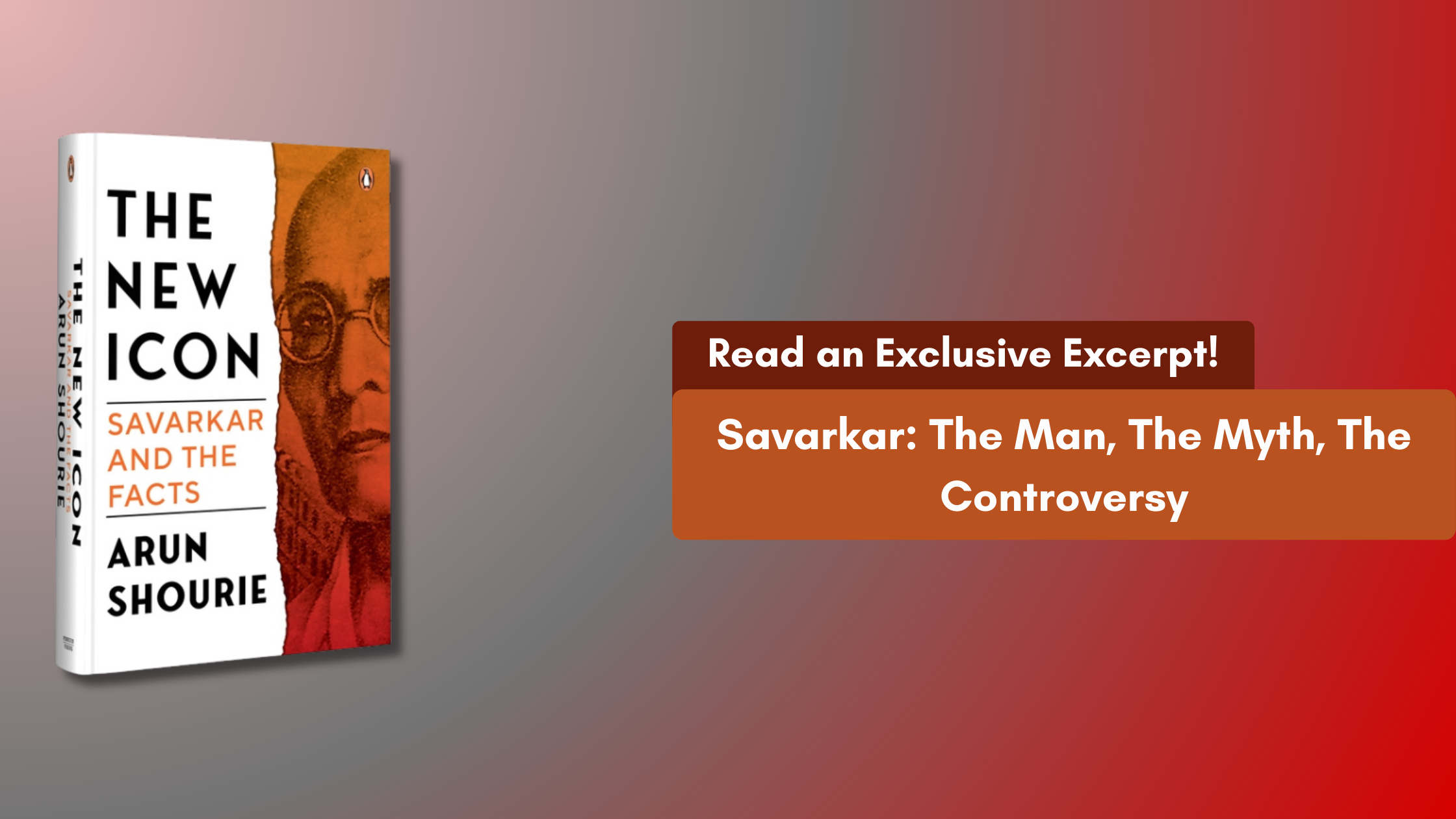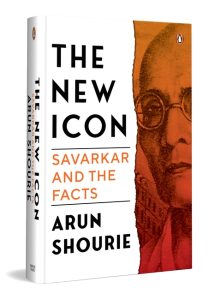
Here’s an excerpt that captures the essence of Savarkar’s bold critique!

The New Icon
Arun Shourie
The Uber-Mother
The fact is that having regarded the cow to be our mother, Savarkar wrote, over time she came to be accorded a status even higher than that of a mother.4 The milk of both is drinkable. But in the case of the cow, its panchgavya is imbibed . . . At least, first ascertain which are the ailments for which gaumootra aur gaumaya have been verified to be efficacious. . . We have heard that cow urine has medicinal qualities. But, bhai, he asked, what doesn’t? One’s own urine also has some medicinal qualities as gaumootra has . . . As one’s own urine also has medicinal qualities, should we keep imbibing our panchgavya on every religious occasion and for pure sanskaars (inborn traits), faculties? Brandy also is a medicine for kafkshayaadi vikaar. Should we, therefore, imbibe it during shraavandi also? Poison too is a medicine for some ailments. Use it for persons who have those ailments. One does not take it in the form of dharmic sanskaars (religious values). Shoot down such thoonth aur moorkhataapoorand sanskaars—this alone will bring lustre to our dharma and sanskriti . . .
When a person announced that it was because she partook of panchgavya that the mother of Lokmanya Tilak gave birth to a son as great as him, Savarkar mocked him and asked, why were not the other things she ate—flour, rice, vegetables, fruit, etc.—the cause? If cow’s dung and urine are actually useful in curing some ailment, Savarkar pointed out, so is the urine of a horse, the milk of a she-donkey, the vishthtaa of a hen. If they cure certain ailments, then let those suffering from those ailments consume them, just as medicines are taken by individuals afflicted with the specific conditions those medicines treat. But do the droppings of the hen cure snakebite? If not, then would you eat them if bitten by a snake? If cow dung is fertiliser, then spread it in the field. Why put it into your stomach? Dead rats are excellent manure for roses. Does that mean that we should take them up to our noses and smell their odour? In any case, even if the panchgavya is useful as a medicine, how does drinking cow urine become a punya? Savarkar asked. By cleansing our soul? The truth, Savarkar said, is that the innocence which has led to making a goddess of an ordinary animal, the same innocent religiosity has led people to take its defecating outside their door as auspicious, to regard brushing its tail over our eyes as beneficial, to consider praying to it as religion, and, in the end, crossing the limits of madness, to consider its urine and dung as sacred and pavitra (pure), to believe that eating or drinking it cleanses our soul, destroys our sins, and constitutes punya in this as well as the next world—innocence has reached a peak. After all, where does the notion that the cow and everything emanating from it is sacred and purifying come from, where does it lead? The cow which, standing in the cowshed, chews on grass and chaaraa (fodder), the one which, even as she is eating, urinates and defecates, upon getting tired while masticating sits down in the same mix of urine and excreta, the one who with its tail tosses on itself the filth lying on the ground, the one who, the moment the rope breaks, runs and puts its mouth in garbage, Savarkar observes, touching the tail of that animal the Brahmin, decked in clean and spotless clothes and shielding his own purity, mixes that animal’s excreta and urine in a silver vessel and drinks it and believes that his life has become pure. Is it right to believe this? There is the further belief that the purity, which is tarnished by even the shadow of such a learned person as Dr Ambedkar, which is destroyed by sitting in the same line for food with a saint such as Tukaram, becomes even purer by touching the tail drenched in the urine and excreta of that cow which is eating all sorts of things in the cowshed, and its excreta and urine purifies everything . . . Can there be a better example of how the intelligence of a man is killed? In response to the accusation that he was denigrating our revered sanskriti, Savarkar retorted that if anything is defaming our great Hindu sanskriti, it is the naive tradition of eating cow dung and drinking cow urine. If our sanatani brothers do not want our tradition to be a subject of derision, then they should bring about an end to this book-based foolishness or pothinishtha moorkhataa. They should not prohibit our writings through which we have drawn the attention of our people towards that foolishness.








